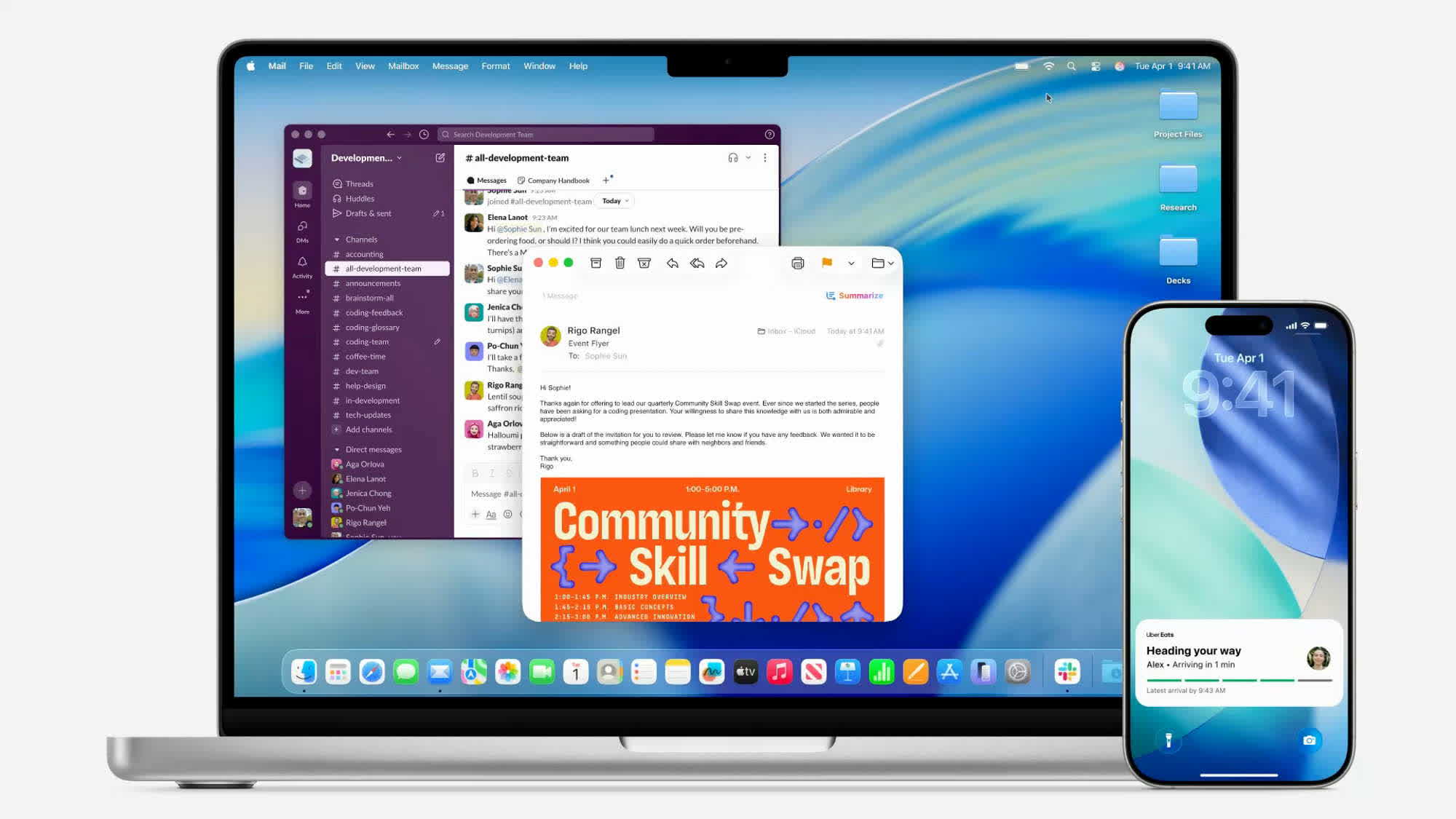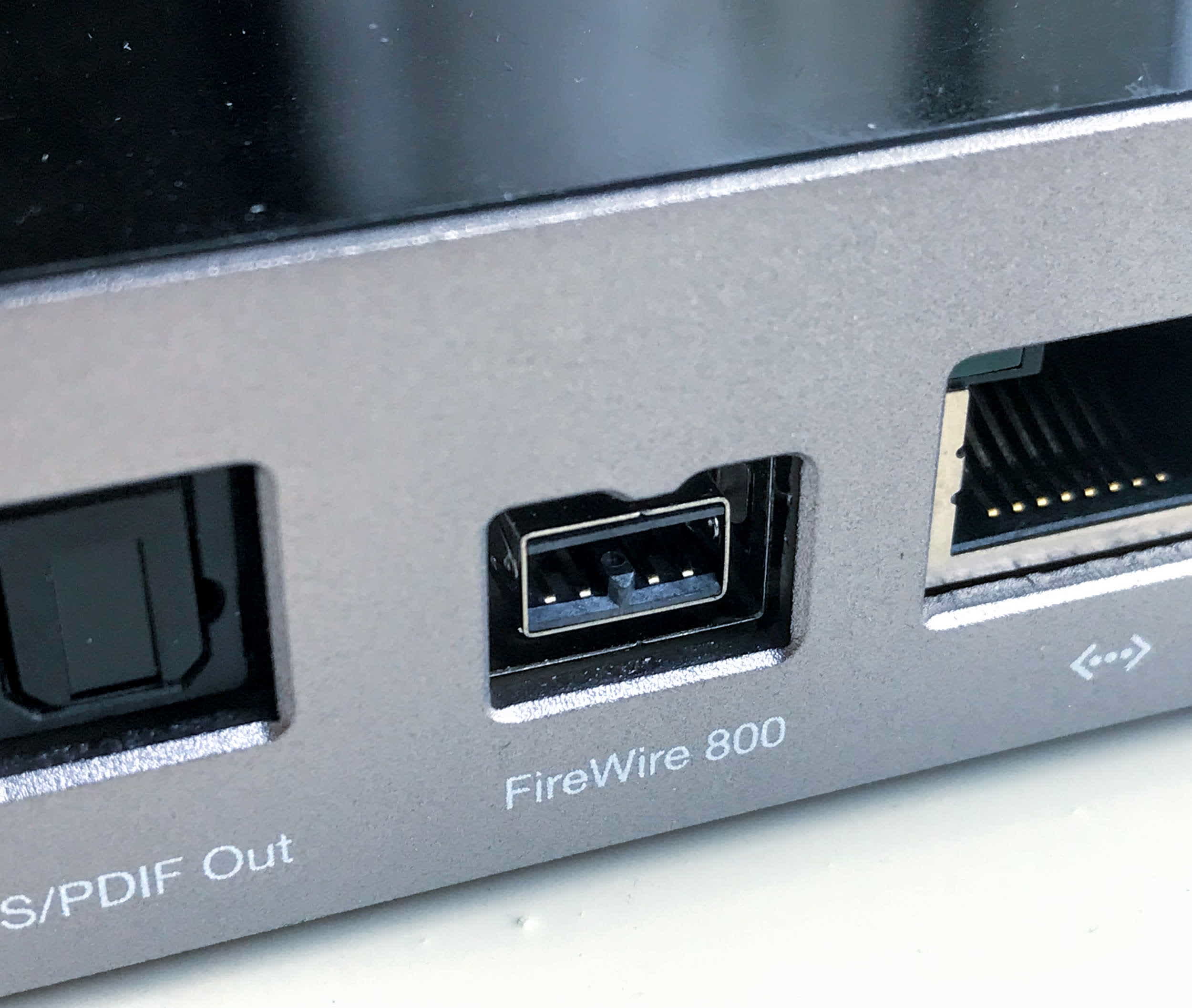What just happened? FireWire was Apple's ambitious attempt to establish a novel connectivity technology for its computer ecosystem back in the 90s. Now, Cupertino is unceremoniously removing the standard from its modern operating system capabilities.
Recently introduced macOS 26 "Tahoe" will bring a new naming scheme for Apple's operating system ecosystem, novel features, and a highly questionable Vista-like UI redesign. The upcoming release will also mark the end of official support for outdated FireWire hardware. The so-called "USB killer" that was ultimately defeated by its own irrelevance is no more, at least according to developers testing the beta versions of the new OS.
macOS 26 beta is no longer compatible with first-generation iPods, or likely any other FireWire-based devices. The technology is being fully deprecated, reports confirm. In Tahoe, System Utilities and Finder no longer display FireWire storage devices, even when they are connected via Thunderbolt-to-FireWire adapters.
Officially known as IEEE 1394, the FireWire standard was developed by Apple in collaboration with other tech companies, including Sony and Panasonic. Apple first introduced the serial bus technology in some Macintosh models in 1999, as a replacement for the parallel SCSI bus. FireWire competed with USB at a time when it could achieve data transfer rates up to 30 times faster.

Despite offering more hardware features and better performance, FireWire was largely confined to Apple's computing ecosystem. The technology was popular for digital video editing, audio equipment, and other professional tasks, but Apple eventually scrapped it as USB and other competing technologies such as Thunderbolt grew in popularity and capability.
Cupertino shipped its last iMac with a native FireWire port in 2011, but macOS continued supporting IEEE 1394 technology for several more years. Now, macOS 26 will kill support for good, forcing owners of older hardware peripherals and archivists to preserve legacy Macs or avoid updating the OS entirely.
Apple routinely phases out older technology support in macOS, as the company isn't particularly interested in preserving backward compatibility in the way Microsoft largely does with Windows. However, macOS 26 will be especially brutal in this regard, as it will also be the last version to support Intel-based Macs.
